1. IoT Cloud Integration in Stuttgart, Ludwigsburg, Frankfurt, Mannheim, Karlsruhe, Heidelberg, Freiburg, Nuremberg, and Munich
In cities such as Stuttgart, Ludwigsburg, Frankfurt am Main, Mannheim, Karlsruhe, Heidelberg, Freiburg im Breisgau, Nuremberg, and Munich, IoT cloud solutions are gaining increasing importance. Companies are increasingly relying on modern technologies like Microsoft Azure IoT Hub, AWS IoT Core, Google Cloud IoT Core, and Dropbox Business+ to integrate their IoT devices securely, scalably, and efficiently.
By using MQTT, HTTP(S), edge gateways, and cloud-native security solutions such as Cloudflare, Azure Defender for IoT, or AWS IoT Device Defender, we ensure a consistently protected infrastructure. Darksn supports you in optimally processing your IoT data in the cloud and making your infrastructure future-proof.
2. Cloud Platforms for IoT: Azure, AWS, Google Cloud & Dropbox+
Our solutions rely on proven platforms such as Azure IoT Hub, Google Cloud IoT Core, AWS IoT Greengrass, and Cloud Pub/Sub for real-time communication. Dropbox+ complements these systems as a secure file storage for technical documentation and configuration management.
We offer the construction of scalable IoT architectures, integration of Cloudflare to secure IoT endpoints, IAM access control, TLS/SSL encryption, monitoring, as well as setting up backups and redundancies in Azure Blob Storage or Google Cloud Storage.
3. Security in the IoT Cloud: Cloudflare, Firewall & Zero Trust
With the growing number of connected devices, the attack surface increases. Therefore, we combine Cloudflare WAF, Zero Trust models, DDoS protection, and next-gen firewalls with identity management systems in Azure and Google Cloud.
Our security solutions include rule-based firewall controls, API protection, anomaly detection, automated logging, and real-time alerting — all GDPR-compliant and multi-tenant capable.
4. Darksn – Your Partner for Secure IoT Cloud Integration
In regions like Stuttgart, Ludwigsburg, Frankfurt, Mannheim, Karlsruhe, Heidelberg, Freiburg, Nuremberg, and Munich, Darksn is your partner for highly secure, scalable IoT cloud solutions.
We offer consulting and implementation of end-to-end IoT integrations with Microsoft Azure, AWS, and Google Cloud, complemented by Dropbox+ for data organization and Cloudflare for security layers. With Darksn, you benefit from seamless data processing, device management, and real-time monitoring — all on a secure, high-performance platform.





